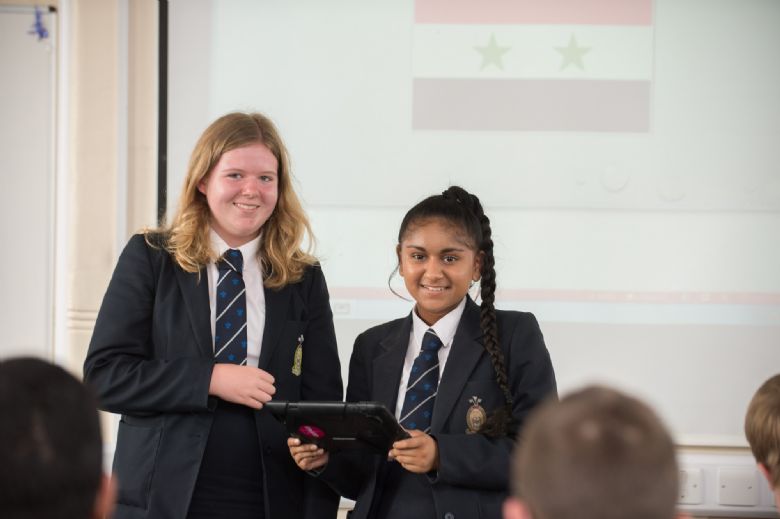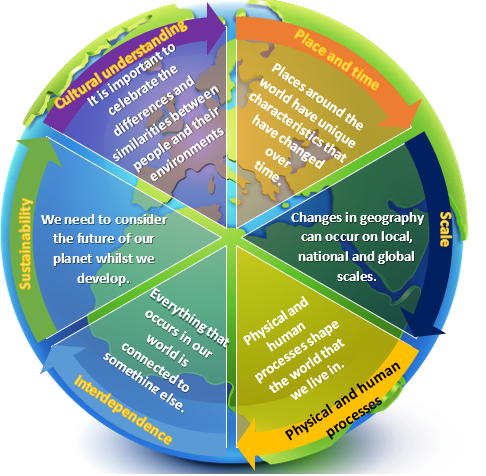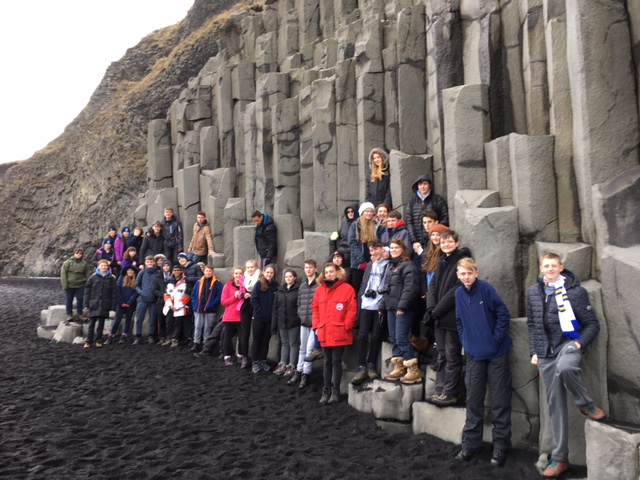Geography
FACULTY LEADER: Ms N Edney
SUBJECT LEADER: Dr T P Watts

Geography inspires students to become confident global citizens by exploring their own place in the world, their responsibilities to other people, the environment and to the sustainability of the planet. The study of geography at Prince Henry’s Grammar School incorporates the latest guidance on the National Curriculum from the Department for Education.
KS3 Curriculum
In Year 7, students are taught in their form groups and then in Years 8 and 9 they are taught in mixed groups, based loosely on ability. The Programme of Study below shows a spiral curriculum where skills and content are built upon across the three years in Key Stage 3. Pupils study both human, physical and environmental geography through a range of places, both near and far.
|
|
Term 1 |
Term 2 |
Term 3 |
|||
|---|---|---|---|---|---|---|
|
Year 7 Local geography |
||||||
|
Year 8 National geography |
How do physical processes shape the UK? | |||||
|
Year 9 Global geography |
How do physical processes impact people around the world? | |||||
 All lessons in Geography are built around 6 core themes . We encourage students to develop a deep understanding of these key geographical themes to support the development of well-rounded global citizens.
All lessons in Geography are built around 6 core themes . We encourage students to develop a deep understanding of these key geographical themes to support the development of well-rounded global citizens.
KS4 Curriculum
Geography is hugely popular at GCSE. We study the AQA specification which incorporates a wide range of skills and content:
- Physical Geography: The Challenge of Natural Hazards; The Living World; Physical Landscapes of the UK.
- Human Geography: Urban Issues and Challenges; The Changing Economic World; The Challenge of Resource Management.
Students also complete a skills-based/decision-making exam using pre-released materials and undertake fieldwork to support their class-based learning.
| Half Term 1 | Half Term2 | Half Term 3 | Half Term 4 | Half Term 5 | Half Term 6 | |
|---|---|---|---|---|---|---|
| Year 10 | Urban Issues and Challenges | Living World | Resource Management | Topic Continues | Rivers and Coasts | |
| Year 11 | Rivers and Coasts | Changing Economic World | Natural Hazards | Revision | Revision |
KS5 Curriculum
Geography is a popular choice at A Level. We study the AQA specification which incorporates a wide range of skills and content:
- Physical Geography: Hazards; Water and Carbon cycles; Coastal Systems and landscapes.
- Human Geography: Contemporary Urban Environments, Changing Places, Global Systems and Global Governance.
Students also complete a piece of independent research on a topic of their choosing linked to the specification.
Please see the Key Stage 4 Options and Sixth Form pages for details of the KS4 and KS5 courses offered by the Geography team.
Assessment
Geography teachers at PHGS use a wide range of techniques to assess subject content and skills across all key stages. Assessment for, as and of learning is carried out throughout the SOL using low stakes quizzes at the start of lessons, online quizzes completed in class or for home learning, strategic questioning, extended writing and exam style questions. These are tailored to the specific point in the course, for example the number of exam style questions are increased for KS4 and KS5. In all cases these assessments allow teachers to assess student progress and are used to provide feedback, allow students dedicated improvement and reflection time, and to personalise learning going forward. At KS4 and 5 assessment aligns with the AQA Geography GCSE or A-Level specification and is used not only to measure student progress but to support students in preparing for their exams by providing exam practice and imbedding knowledge through integrated assessment tasks throughout lessons and the SOL.
Enrichment
Practical fieldwork is seen as an essential element of Geography, we give students the opportunity to visit places in the UK and abroad. For example, we run trips to Hornsea to study coastal erosion and Iceland to study natural hazards.
There is an Eco-committee run by the Geography Department, where students are encouraged to support the sustainable development of the school. Recently, this has ambitious group have worked towards implementation of solar panels on the school roof to help reduce our carbon footprint.

